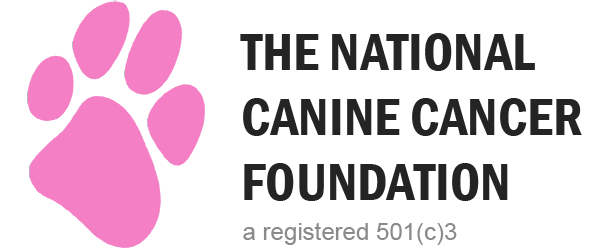Do household chemicals cause bladder cancer in dogs?
University of Wisconsin-Madison is Doing a Study of Environmental Chemicals in Dogs with Bladder Cancer.
The Study
Bladder cancer in dogs can lead to bloody urine, pain on urination, and urinary blockage. Bladder cancer in humans can be caused by toxic chemicals in the environment. We are looking to see if the same is true for dogs. The goal of this study is to find out whether exposure to certain environmental chemicals contributes to bladder cancer risk in dogs. A second part of the study will discover whether owners of dogs with bladder cancer have similar toxic chemical exposures.
Who Qualifies
Any dog diagnosed with bladder cancer (TCC; transitional or urothelial cell carcinoma of the bladder or urethra) confirmed by genetic (BRAF) test, tumor biopsy, or examination of urinary cells, along with bladder ultrasound, or any dog that is identified as an unaffected matched control. Dogs cannot have started chemotherapy or radiation, but NSAID drugs are allowed.
Control Dogs (dogs without cancer) are also needed for this study. Please check the list to see if your dog can help:
(FS = female spayed, MN = Male Neutered, MI = Male Intact)
| Age (yr) | Sex | Breed |
| 12.5 | FS | Boxer mix/mutt |
| 12.5 | MN | Beagle |
| 12 | FS | Alaskan Husky |
| 12.5 | MN | Coton de Tulear |
| 10 | FS | Foxhound |
| 10.5 | FS | Pitbull/Boxer Mix |
| 13 | FS | Boxer/Beagle Mix |
| 12 | MN | Labrador |
| 12 | MI | Scottish Terrier |
What Do I Need To Do?
Dog owners collect a voided 25 mL urine sample (about 2 tablespoons) from their dog using a kit that the University of Wisconsin-Madison will provide. We also ask you to fill out a questionnaire about your dog’s environment and collect household dust, drinking water, and air samples using simple materials that we provide. It is optional for you to also provide your own urine sample. You or your dog do not have to come to UW Veterinary Care to enroll in the study.
Why Participate?
This study will help us understand what causes bladder cancer in dogs, and whether owners of these dogs are also exposed to certain toxic chemicals. Our goal is to find better ways to prevent bladder cancer.
How to Get Involved:
To learn more, please contact Hannah Peterson at hpeterson4@wisc.edu or Dr. Lauren Trepanier at lauren.trepanier@wisc.edu.
Thank you for reading about our study!
Other Articles of Interest:
Blog: How To Help Pay For Your Dog Cancer Treatment Cost: 7 Fundraising Ideas
Blog: What Are Good Tumor Margins in Dogs and Why Are They Important?
Blog: Dispelling the Myths and Misconceptions About Canine Cancer Treatment
Blog: Financial Support for Your Dog’s Fight to Beat Cancer
Blog: Cancer Does Not Necessarily Mean A Death Sentence
Blog: What To Do When Your Dog Is Facing A Cancer Diagnosis – Information Overload
Blog: Dog Cancer Warning Signs: Help! I Found a Lump on My Dog



Recent Comments